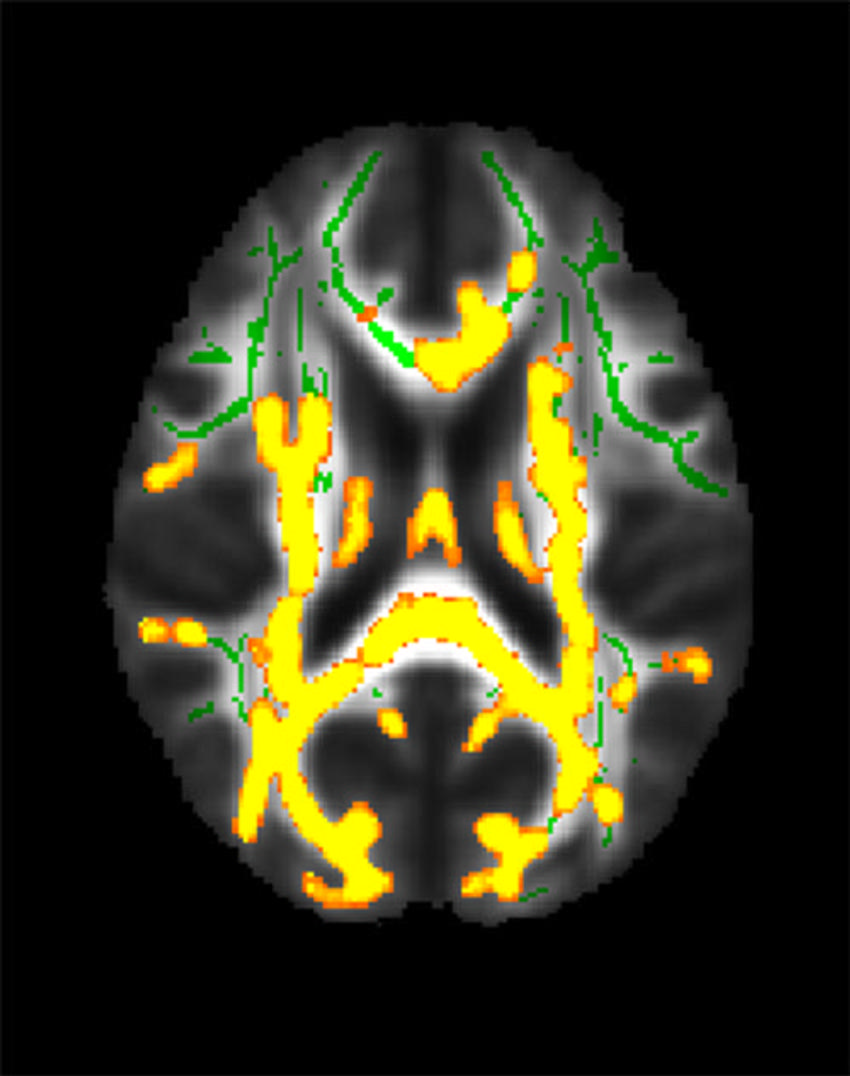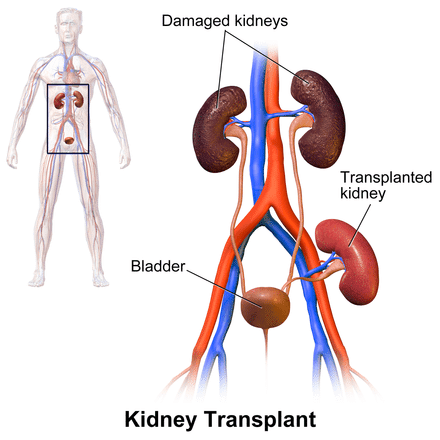Health Care Systems, Technology / 06.11.2024
Improving and Enhancing Healthcare Operations with Virtual Sitters
In recent years, virtual sitters have become a valuable addition to healthcare facilities, providing an innovative solution to improve patient safety, reduce operational costs, and optimize staff efficiency. These remote monitoring systems use technology to allow trained personnel to observe patients from a central location, intervening only when necessary. A virtual sitter can offer various benefits that can significantly enhance healthcare operations, supporting staff and promoting a safer patient environment.











 Lisa-Marie Smale, PharmD
Lisa-Marie Smale, PharmD
 If you've been in a scrape and your noggin took a knock, playing it tough and shaking it off isn't the way to go.
If you've been in a scrape and your noggin took a knock, playing it tough and shaking it off isn't the way to go. 









 Chronic back pain troubles many people. Often, it seems as if there is hardly any relief available to them, but there is new research going on that promises better results - The BEST trial.
Chronic back pain troubles many people. Often, it seems as if there is hardly any relief available to them, but there is new research going on that promises better results - The BEST trial. 







